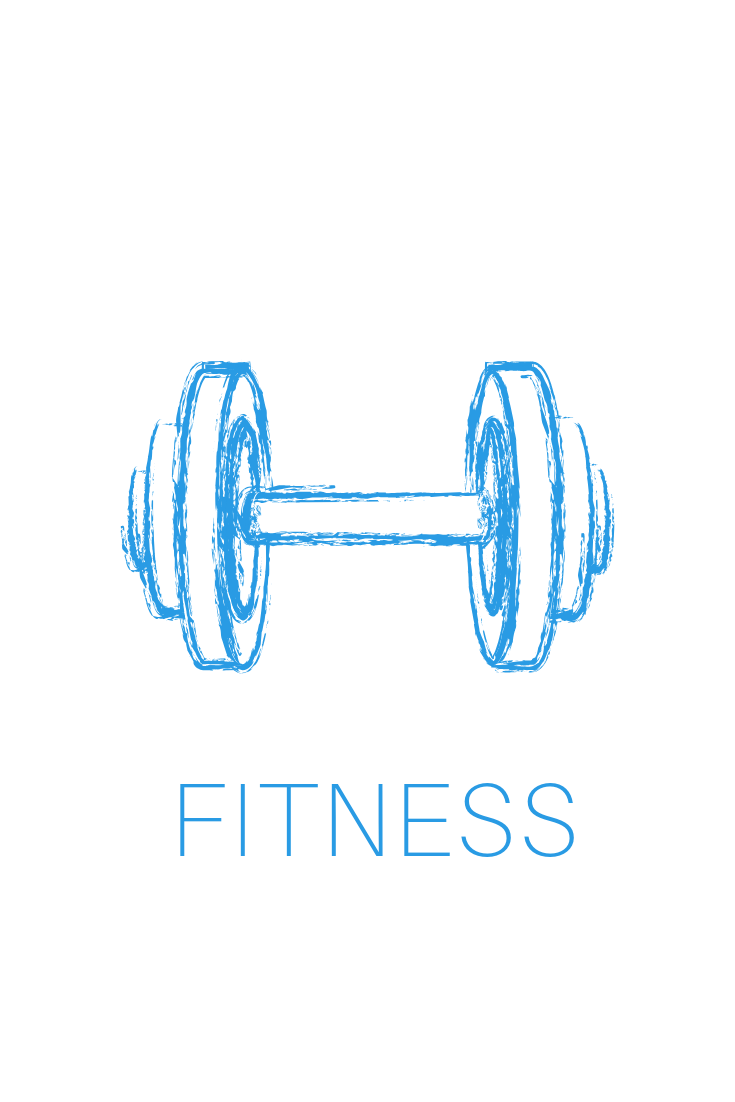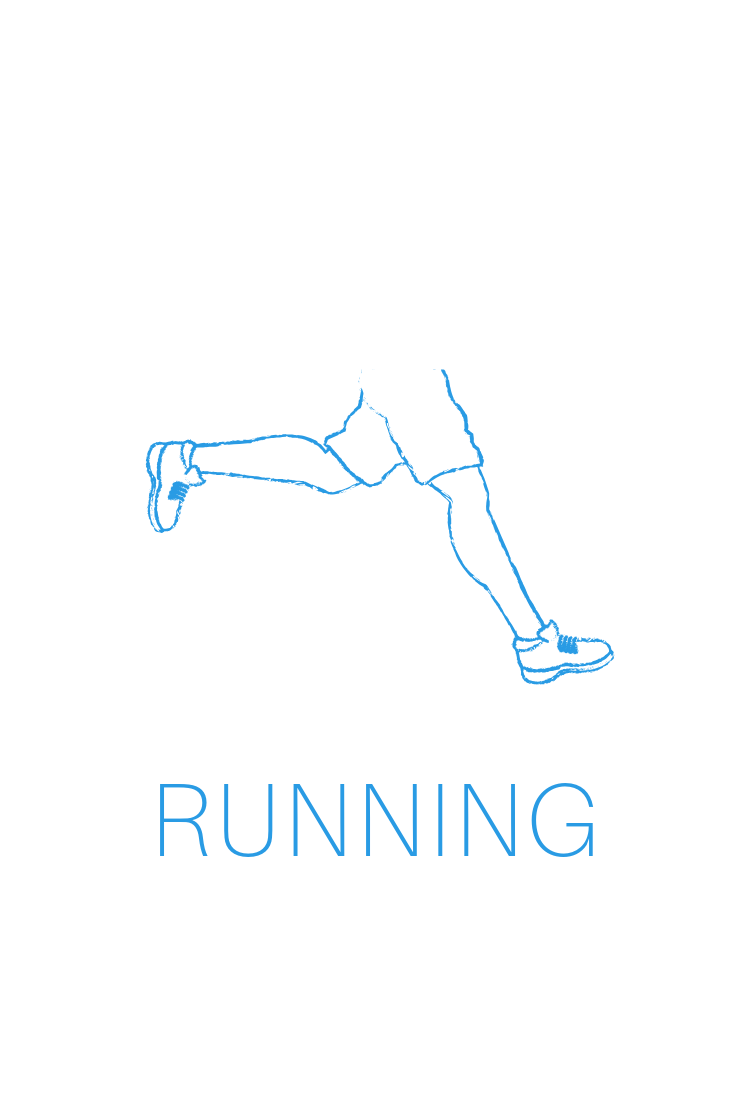Breast Cancer And Exercise
By guest contributor, Fit My Day member Heather York
I’ve been training with Fit My Day since the early days when there were only a few of us watching the leaves flutter in the breeze as we lay on our mats to stretch. Even when I don’t feel like putting on my gear and getting out of my house I still turn up. One reason for this is due to the challenge I faced nine years ago.
While in my mid thirties I was diagnosed with breast cancer. My mum had just passed away a year before from this same disease and it was quite a shock to hear I was facing the same diagnosis. I underwent a mastectomy, chemo and radiotherapy, a huge reconstruction surgery and still take medication. I had just started full time study to qualify as a physiotherapist so this had to go on hold for a while.
I have recovered well and part of the reason for that is exercise. I don’t always find it easy (particularly running programs!) but I know how important it is to my health and well-being and the evidence is showing it also reduces my risk of recurrence. I am so grateful to God for healing my body and sustaining my life that I want to make the most of it. I have a body that can run and swim and from my experience nine years ago I know that is not a given. My body has its scars and stiff joints, but I try to focus on what I can do rather than what I can’t. My mum and some friends have passed away from this disease but I am here, living and breathing and fit and strong.
As a physio I now have the privilege of working daily with those women who are receiving a breast cancer diagnosis and facing surgery and treatment. They are scared and worried but I am sometimes able to share my journey with them to help them see beyond the immediate. I hope my story can be an encouragement to you or someone you know who has breast cancer.
October is breast cancer awareness month when organisations around the world focus on reducing the incidence of this disease and researching for a cure.
Breast cancer is the most common cancer diagnosed in Australian women and each day on average, 53 people will be diagnosed with breast cancer. Due to excellent screening programs, there is more breast cancer being detected however the number of deaths from this disease is decreasing. In Australia the chance of surviving at least five years was 74% in 1986-1990 and in 2011-2015 was 90.8%.
If you are one of these women who has been diagnosed with breast cancer, you may feel overwhelmed as to what the future holds and possibly a bit helpless in the face of treatment to come. Proactively, you can make a difference to your future health by reading on.
Exercise is really important and improves survivorship. Two studies (Holmes et al. 2005 and Holick et al. 2008) followed nearly 7500 women over 6-8 years who had had breast cancer. These women were found to have a reduction in risk of recurrent breast cancer of 43% when they exercised between 3-5 hours a week compared to those women who exercised less than one hour a week. They also reduced their risk of dying by 50%.
Exercise recommendations for reduction in breast cancer recurrence and improved survival are:
At least 150 minutes of moderate intensity exercise per week
Two to three strength training sessions per week
Your weekly exercise program could include (please check with your medical practitioner before starting any new exercise program):
5 x 30 minute sessions of walking or cycling. Mix it up. Start gently and increase distance or speed each day. Include some hills.
3 x 20 minute strength sessions. Choose 5 exercises such as push ups (can start on bench or knees), hammers with hand weights, squats, crunches and plank. Complete each exercise for around 30 seconds with 15 seconds rest. Complete 4 rounds of the circuit .
To find out more about how you can support Breast Cancer Awareness Month, please visit the website.
Thank you to Fit My Day member Heather York, Physiotherapist (APAM) and Lymphoedema Therapist (NLPRM) M. Phty, U. Syd. Lymphoedema and Surgical Physiotherapy.
HeathER York
BLOG CATERGORIES:







